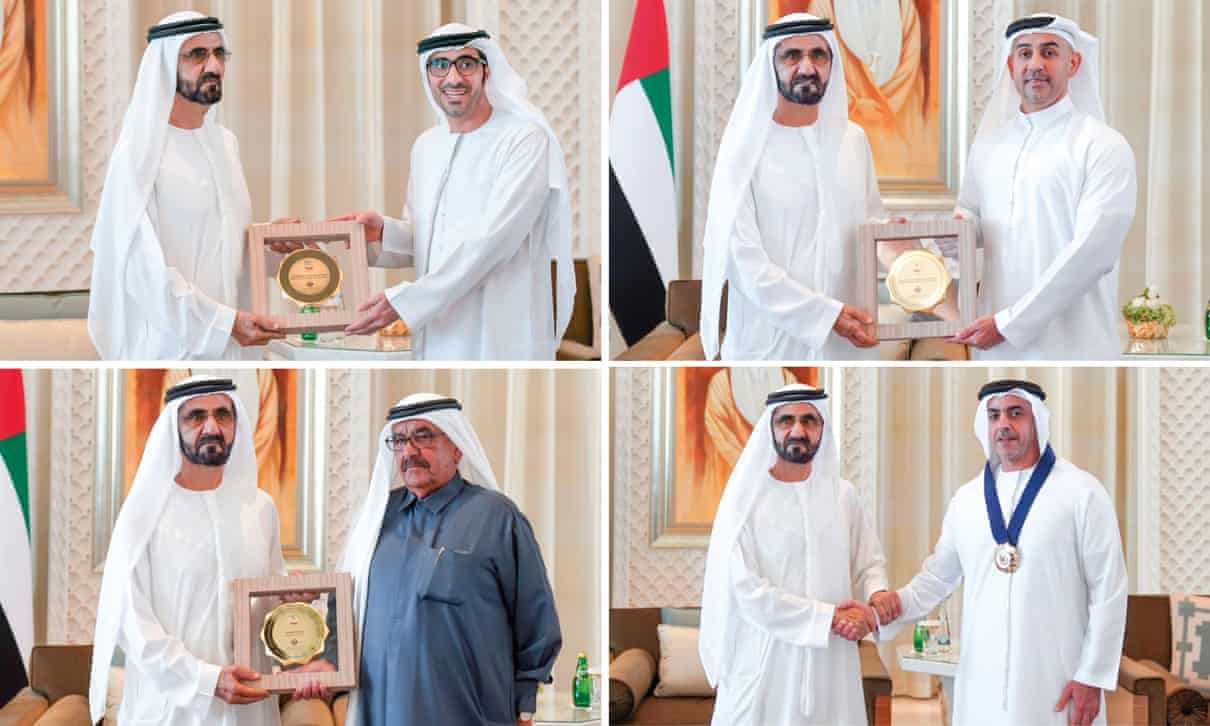The United Arab Emirates (UAE) has secured an impressive seventh position on a global ranking that evaluates national efforts to promote gender equality. This achievement marks a significant step forward for the nation, placing it first in the Middle East region according to the Gender Inequality Index, a key component of the United Nations Development Programme's Human Development Report.
The Gender Inequality Index gauges a country's success in narrowing the gap between men and women in three critical areas: reproductive health, educational attainment, and participation in the labor market. The UAE's progress reflects targeted initiatives implemented by the Gender Balance Council, a government body established specifically to address this issue. The Council's efforts have focused on expanding female participation in the workforce, increasing access to education for girls, and promoting women's leadership roles across various sectors.
This recognition comes amidst a backdrop of ongoing reforms in the UAE. The nation has introduced a series of legislative changes aimed at strengthening women's rights. For instance, recent amendments to personal status laws have granted women greater control over their finances and child custody arrangements. Additionally, the government has actively promoted female entrepreneurship through dedicated funding programs and business incubators.
While the UAE's climb in the rankings signifies undeniable progress, challenges remain. Social norms and traditional gender roles continue to influence societal attitudes. Bridging this gap will require sustained efforts to raise awareness and promote cultural shifts.
The UAE's commitment to gender equality extends beyond its borders. In 2023, the nation pledged an additional $15 million to UN Women, a United Nations entity dedicated to gender equality and the empowerment of women. This contribution reflects the UAE's growing role as a regional leader on this critical issue.
The UAE's rise in the global gender equality rankings serves as a testament to the nation's dedication to fostering a more equitable society. As the country continues to implement reforms and address remaining challenges, it paves the way for a future where women can participate fully in all spheres of life.

